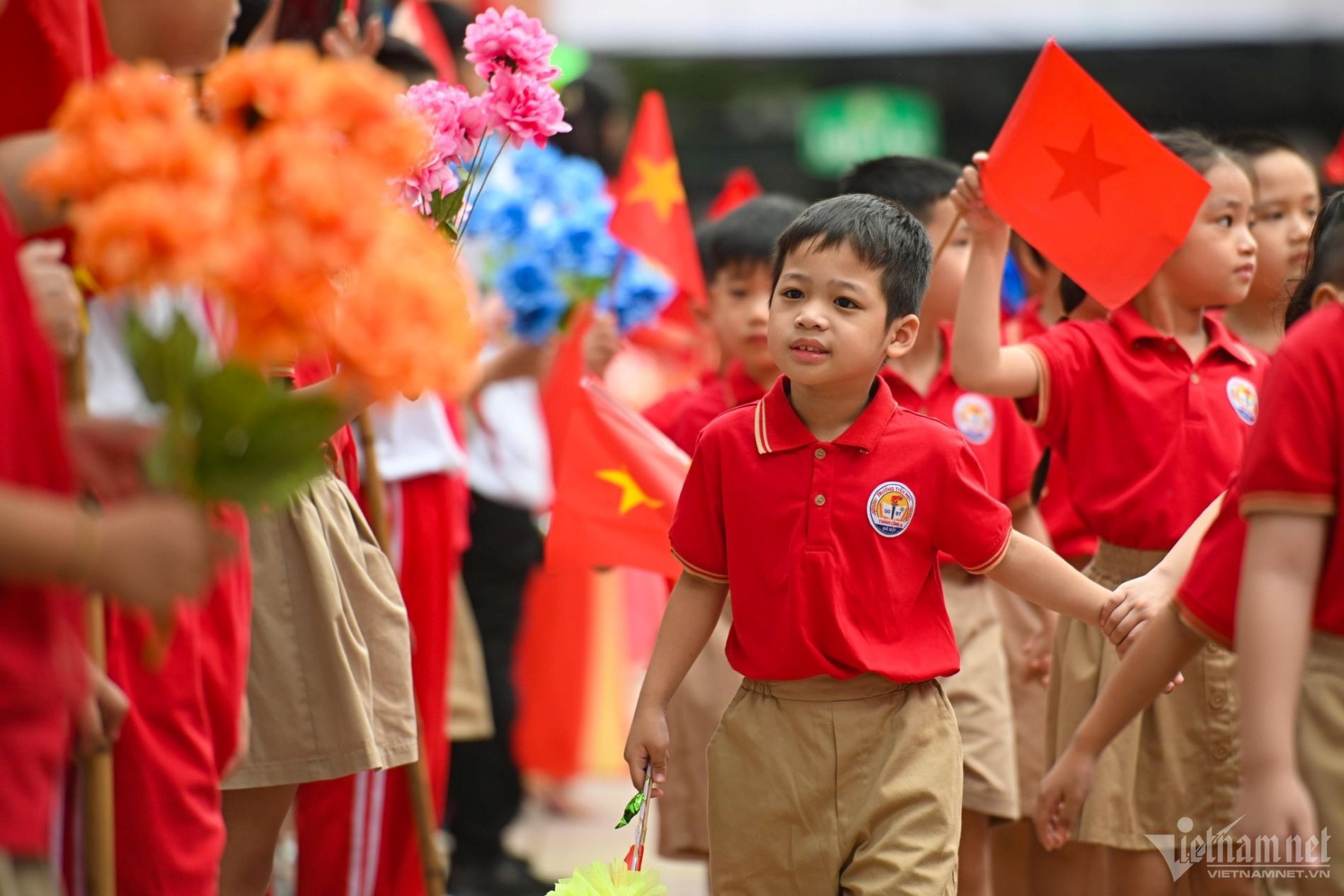Hanoi’s People’s Committee has submitted a proposal outlining a plan to allocate over 3 trillion VND (approximately 118 million USD) to subsidize school lunches for around 768,000 primary school students in both public and private institutions during the 2025-2026 academic year.

According to the draft resolution, approximately 2.824 trillion VND (111 million USD) will support students in public schools, while around 239 billion VND (9.4 million USD) will go toward those in private schools.
Specifically, students enrolled in schools located in mountainous communes and Red River islet communities will receive a subsidy of 30,000 VND (1.18 USD) per student per day. Students in all other urban and suburban areas of Hanoi will receive 20,000 VND (0.79 USD) per day.
Currently, lunch programs in Hanoi operate under two models: schools either cook meals in-house or partner with external meal service providers. In public schools, the daily meal cost ranges from 19,000 to 50,000 VND (0.75 to 2 USD), averaging around 30,062 VND (1.18 USD). In private schools, the range is broader, from 25,000 to 125,000 VND (0.98 to 4.90 USD), with an average of 50,827 VND (2 USD).
City officials explained that the primary school level was prioritized due to its large student population - the highest among all education levels. Additionally, primary education in Vietnam mandates full-day schooling, making lunch provision essential. Most schools are already equipped with necessary infrastructure, including dining rooms, kitchens, tables, chairs, and food service equipment.
Moreover, children in this age group are in a critical stage of physical and cognitive development, requiring consistent nutrition and energy intake. Providing school lunches reduces the logistical burden on families, who no longer need to shuttle children back and forth midday, allowing parents to better focus on work.
Following the rollout of this initiative in 2025-2026, the Department of Education and Training will assess its impact and budget feasibility, and report to the city for possible expansion to other education levels.
The proposal does not cover students attending foreign-invested schools. The city noted that most of these students are children of expatriates, come from financially well-off families, and already pay significantly higher tuition and meal costs. Additionally, these students often experience school changes based on their parents' work assignments in Vietnam.
Currently, Hanoi has 778 primary schools, of which 728 are public and 50 are private. Twenty-two of these schools are located in mountainous communes and Red River islet areas.
Thuy Nga